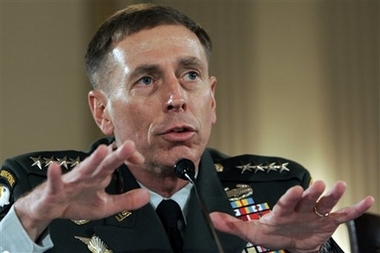So, you’ll never guess who came to campus today…It didn’t get much press or anything, but Iranian president Mahmoud Ahmadinejad kicked off his NY tour this morning by being eviscerated in public by Columbia’s president, Lee Bollinger. Normally, I’d say it’s poor form to hijack an invited speaker like that, but: the national temper is running angry, Ahmadinejad’s no angel by any means, and — most importantly — the questions Bollinger posed demand substantive answers. (Besides, a furor is what Ahmadinejad wanted anyway.)
All that being said, I still think it was a dumb political stunt (on both ends) to disinvite the Iranian president from visiting Ground Zero. A couple of points people seem to have forgotten lately: 1. Iran didn’t have anything to do with 9/11, and 2. Whatever’s going on on the Iraqi border, we’re not currently at war with them. Most importantly, why wouldn’t we want a man who’s trying to obtain nukes to see the lasting consequences of a large-scale atrocity firsthand? If the sight of that still-gaping wound in the heart of the city gave him pause for even a moment, the world would be better for it.

